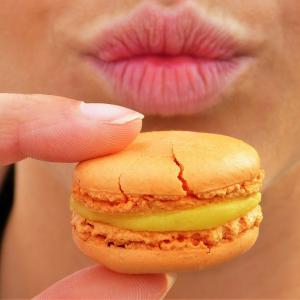Sleep Apnea Can Affect Anxiety
Anxiety levels can be affected by a number of different physiological disorders, including the common sleep disorder known as sleep apnea. People with sleep apnea suffer repeated episodes of interrupted breathing throughout the night. These episodes usually last at least 10 seconds, and although the struggle for breath causes the sufferer to partially awaken, they do not remember the episodes in the morning. For this reason, many people with sleep apnea are not aware that they have the disorder.
The major symptom of sleep apnea is, logically, excessive sleepiness during the day. However, other symptoms are very similar to those experienced by people with anxiety disorders: anxiety, headaches, trouble concentrating, irritability, mood changes, and restless sleep. If you are experiencing these symptoms, it's a good idea to visit your doctor to rule out sleep apnea as the culprit.
There is a relationship between sleep and anxiety, so it makes sense that people deprived of restful sleep by sleep apnea may experience anxiety symptoms as well. One study, conducted by researchers at the University of Pennsylvania, found that people limited to 4.5 hours of sleep per night for a week felt more stressed, angry, sad, and mentally exhausted than usual; when they were allowed to sleep a normal amount, their mood improved significantly.
Many sleep and mental health experts report that there is also a link between sleep apnea episodes and nocturnal panic attacks -- waking up struggling for breath in the middle of the night may serve as a trigger for an anxiety attack among people with panic disorder.
If you are suffering from both anxiety and sleep apnea, it can be difficult to figure out which symptoms belong to which disorder. Because in many cases they feed off each other, medical intervention to address your sleep apnea could significantly improve your mood and anxiety levels.
Photo: Pixabay






